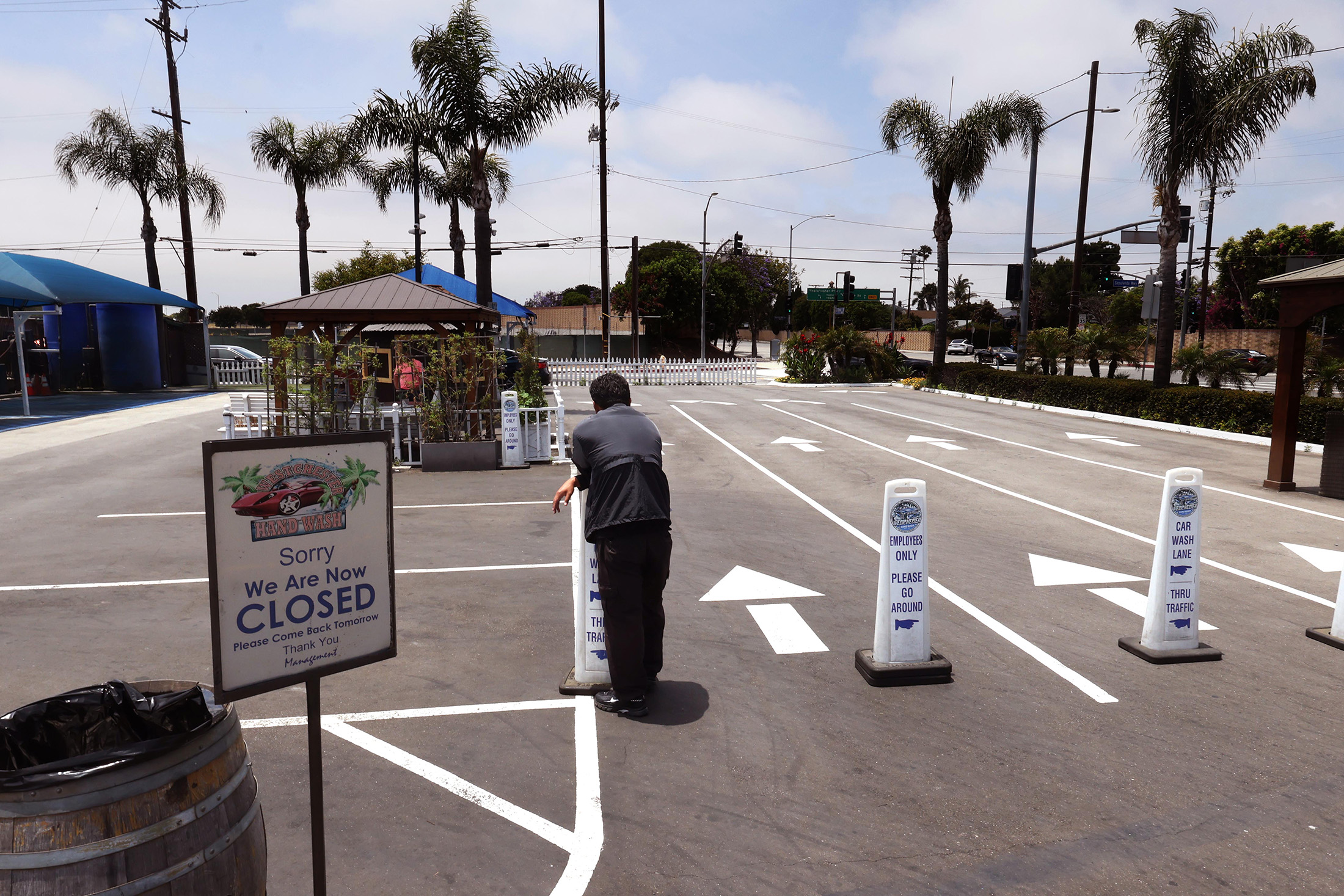A landmark ban on the use of non-disclosure agreements in workplace misconduct cases – a longstanding practice of financial firms – may make it harder for victims to win compensation and discourage some from speaking up, lawyers say.
Under reforms to workers’ rights laws by UK Prime Minister Keir Starmer’s government due to come into effect later this year, any confidentiality agreements that seek to silence employees who say they faced harassment and discrimination would be null and void.
But lawyers say the ban risks unintended consequences: employers are less motivated to settle discrimination cases without confidentiality, leading to greater backlogs for the employee tribunal system and prolonged legal processes for victims seeking closure.
This could mean that fewer victims come forward to detail their experiences, according to Caroline Walker, managing director at Cavendish Employment Law.
“Tribunal claims are not for the faint hearted,” she said, referring to the courts where workers and employers head to fight their disputes. “They are time consuming, costly and cross examination over sensitive discrimination or harassment incidents can be brutal.”

There’s a risk too that companies try to bury victims in a legal quagmire, she said, with companies more determined to defend their reputation in court in the absence of a confidentiality agreement.
In the case of fewer settlements, lengthier legal processes could also pile pressure on an already overwhelmed UK employee tribunal system, Walker said. The backlog had reached almost 50,000 cases by the end of last year, an increase of 28% compared with a year earlier.
“This could result in employees having to commit to litigation in difficult circumstances, when they may otherwise have received a settlement, allowing them to move on more quickly,” Bethan Jones, an employment lawyer at Spencer West, said.
The use of NDAs for cases involving allegations of workplace abuse is widespread; 22% of respondents to a 2024 survey by the Chartered Institute of Personnel and Development said their company used them when dealing with allegations of sexual harassment. The ban marks a shift in policy for the UK after the previous Conservative government rejected calls last year to end their use and comes after a series of high-profile sexual harassment scandals in recent years, including allegations against hedge fund manager Crispin Odey. Odey has denied the allegations.
“There is commercial and reputational value to the employer in settling with confidentiality irrespective of the merit or otherwise of the allegation,” Jason Braier, a trial lawyer specializing in employment, said in a LindedIn post. “The government amendment will disincentivise employers from settling many claims they think they can defend.”
But proponents of the ban say the risks are unfounded and note that the new law will reverse the power dynamics, with victims, not companies, able to request confidentiality. “The whole thing with NDAs is that they are a piece of power, and when you are an employee the power disparity is so huge,” said Zelda Perkins, the whisteblower at the heart of the Weinstein scandal.
“People I’ve been fighting against baulk at that word power but really it’s about equality and leveling the playing field.”
And Georgina Calvert-Lee, at Bellevue Law, said the ban simply aligns the UK with other countries where legislation has already changed, including Ireland and several US states.
The experience there suggests that a ban has been effective; US research in 2019 showed that, after the introduction of the bans, filings for sexual harassment increased and the settlement rate for those cases rose by nearly 10%.
A former employee at Citigroup Inc. who asked not to be named because they signed an NDA after they sued the bank told Bloomberg that victims are often pressured to sign confidentiality agreements by their bosses and hopes this could mark a positive change. They said that City of London firms frequently abuse NDAs and use them to perpetuate toxic corporate cultures. A Citi spokesperson declined to comment.
Currently, NDAs can often have a far-reaching impact, with some requiring that victims are unable to speak to anyone, even medical professionals, about their experience. Those who sign such documents also often don’t receive legal guidance and are unaware that they can still pursue a criminal case through the police. The reforms would change that.
“You can use confidentiality when it’s being used ethically and not abusively,” said Perkins. “This is really taking the ability to abuse that tool out of the hands of employers.”
Photograph: Cleaners and office workers work in their illuminated offices at dusk in the City of London, UK, on Monday, March 16, 2020. Photo credit: Luke MacGregor/Bloomberg
Copyright 2025 Bloomberg.
The most important insurance news,in your inbox every business day.
Get the insurance industry’s trusted newsletter



